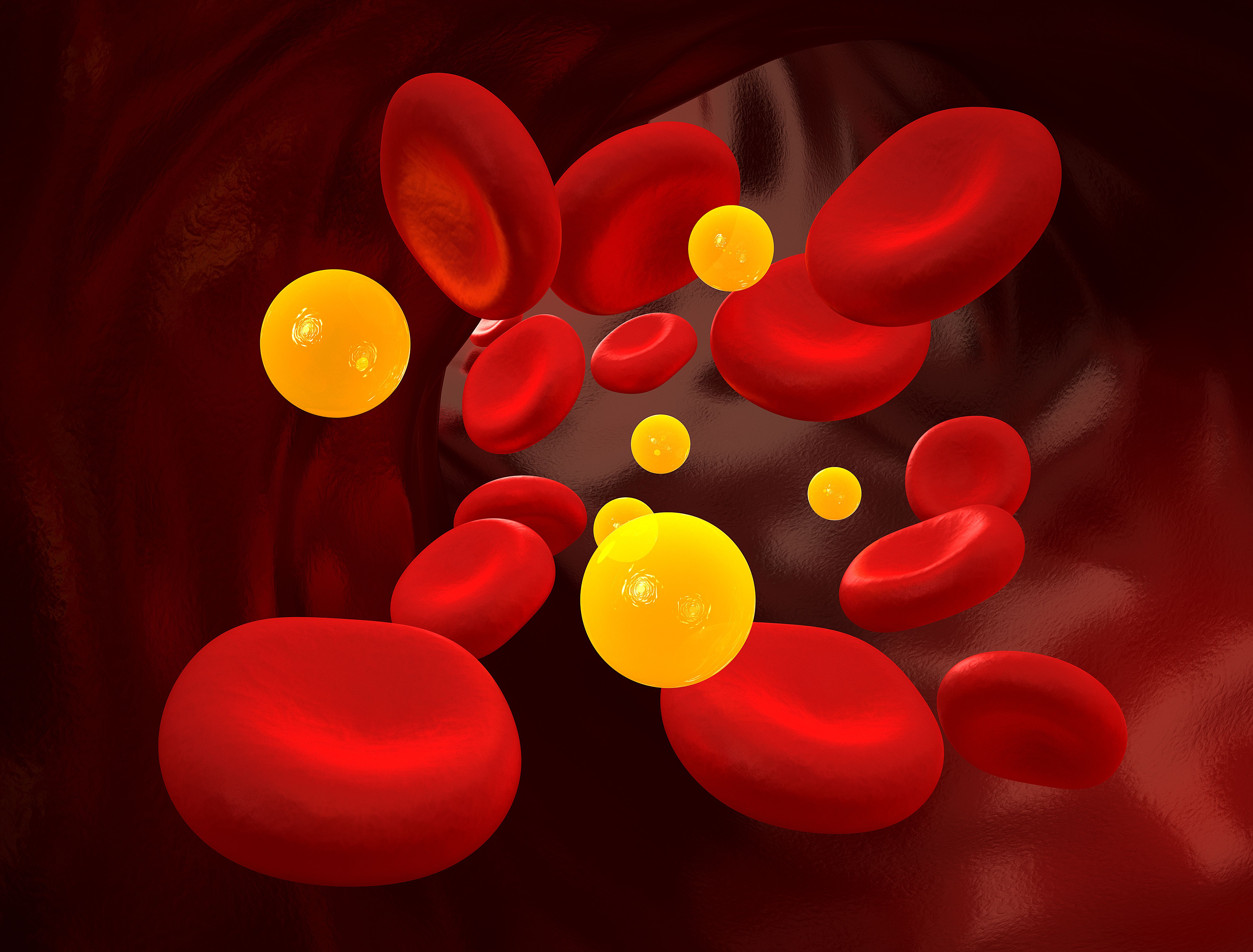Video
Role of OTC Medications in Managing CVD Risk
Author(s):
Transcript:
Joyce L. Ross, CRNP: It’s great to talk about the statin as the first line of defense in our medication regimen. But what about over-the-counter medications, Lynne? I’m sure you’ve heard tons about patients taking other items and supplements. “I’m going to take garlic. I’m going to take red yeast rice. I’m going to do that.” What are your thoughts, and how do you educate a person who talks to you about that and wanting that more holistic route?
Lynne Braun, PhD, CNP: That’s always a challenge. Many patients come in and say, “I want to do anything but take a medication.” What they mean is they want anything but to take a prescription medication, and they believe that dietary supplements are safer per se or more holistic. They feel that they are more natural. “Can’t I lower my cholesterol or prevent disease with these dietary supplements?” Some patients, as I’m sure you have had as well, bring in a whole bag of things that they’ve purchased and spent a lot of money on.
But we need to be honest with our patients, and we need to let them know that what they are taking is not regulated. It’s not FDA approved. Your box of macaroni and cheese is more regulated than these bottles of dietary supplements that some of our patients choose to take.
It’s important to clarify that with them, and sometimes having more knowledge and referring them to resources as well. I give them a website to look up to read more about this, and I will tell them that it is why on the bottle of supplements, a manufacturer cannot say that this is something that cures disease or lowers cholesterol. Typically, something like garlic or red yeast rice may say on there, “promotes healthy cholesterol levels.” That’s different from a treatment for somebody who has high cholesterol. So this is a big deal. I thought you were going to get into something else when you brought this topic up though, Joyce. I thought you were going to talk about triglycerides and the omega-3 or fish oil.
Joyce L. Ross, CRNP: That’s my next question for you.
Lynne Braun, PhD, CNP: Right. Similarly, for patients who have elevated triglycerides, if you or I feel they need to be treated with omega-3, we have always recommended prescription omega-3 for these patients because we know what they’re getting. It’s regulated. We know the dosage that’s required, which is typically 4 g per day, whereas if they go out and buy an over-the-counter omega-3 or fish oil, you have to look at the amount of DHA [docosahexaenoic acid] and EPA [eicosapentaenoic acid] on it. In the old days, I would calculate for them how many capsules they would need, and oftentimes it was in the teens that they would have to take to get the amount of omega-3 they needed to reduce their triglyceride level. Even doing that, we still wouldn’t know any details of what they’re taking because it isn’t regulated.
Joyce L. Ross, CRNP: Lynne, you’re absolutely right, that’s exactly where I was going next with mostly icosapent ethyl and over-the-counter fish oil—the differences between them. This recent information we have from the REDUCE-IT trial tells us more about that atherogenicity of the triglyceride. It’s not just about pancreatitis above 500 mg/dL, but it’s what happens. We don’t even know for sure why taking icosapent ethyl in the REDUCE-IT trial absolutely reduced risk for 25% for people who have known cardiovascular disease, regardless of where their triglycerides are.
That is just some increasingly interesting information that we’ll continue to watch. One of the things that’s important to know, for over the counter or even in prescriptive fish oil or omega-3, is that the DHA often raises LDL [low-density lipoprotein], which is like shooting yourself in the foot sometimes. We have to be really careful and encourage our patient to be sure that they’re taking what we have recommended for the right reasons.
Transcript Edited for Clarity





